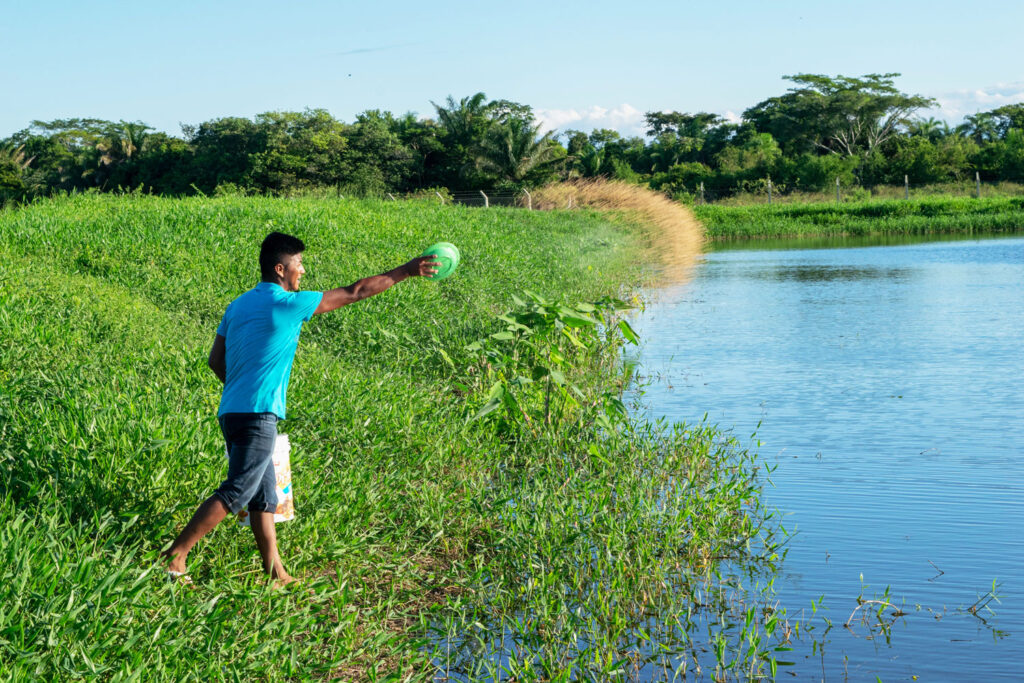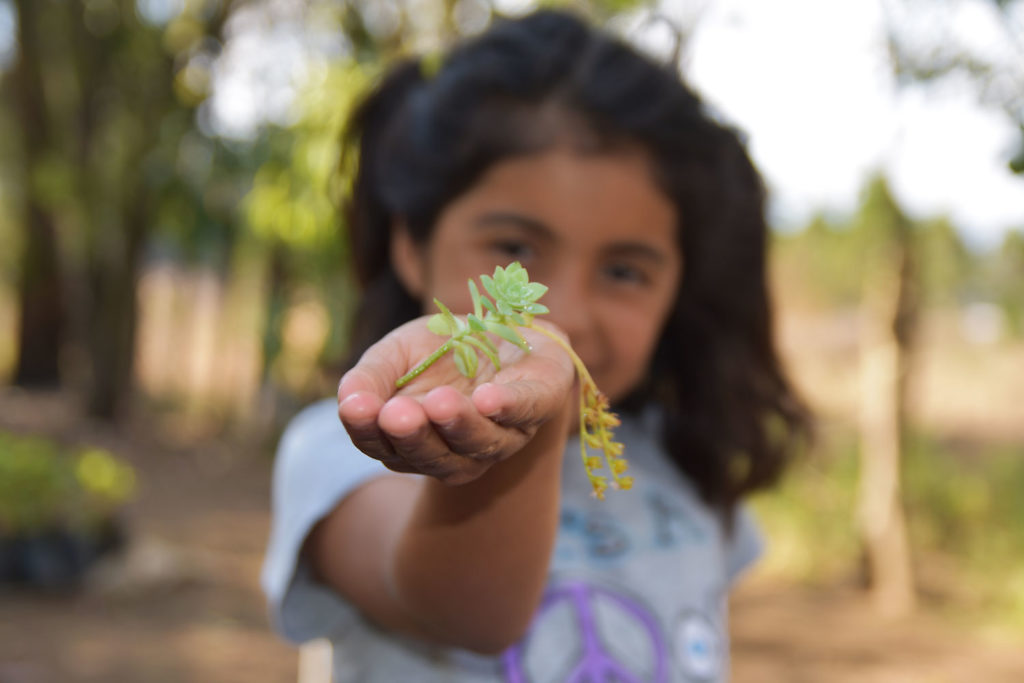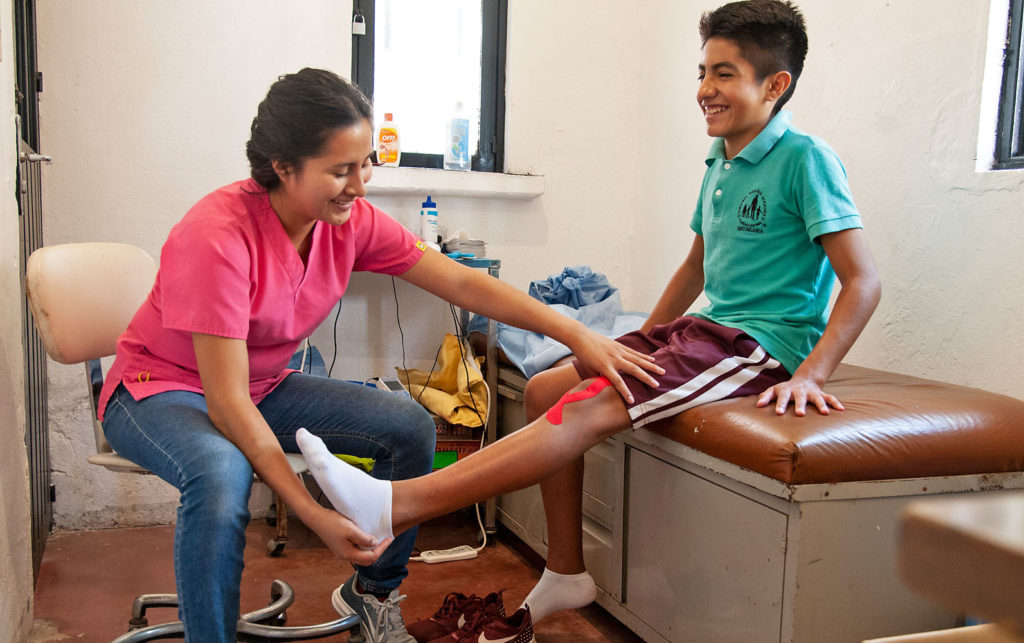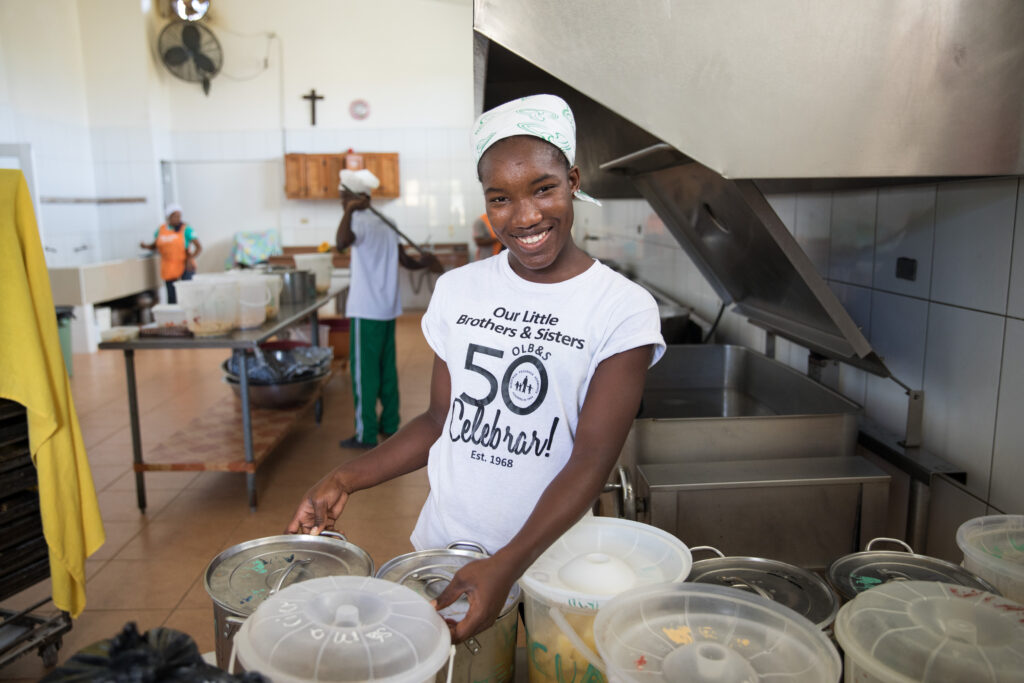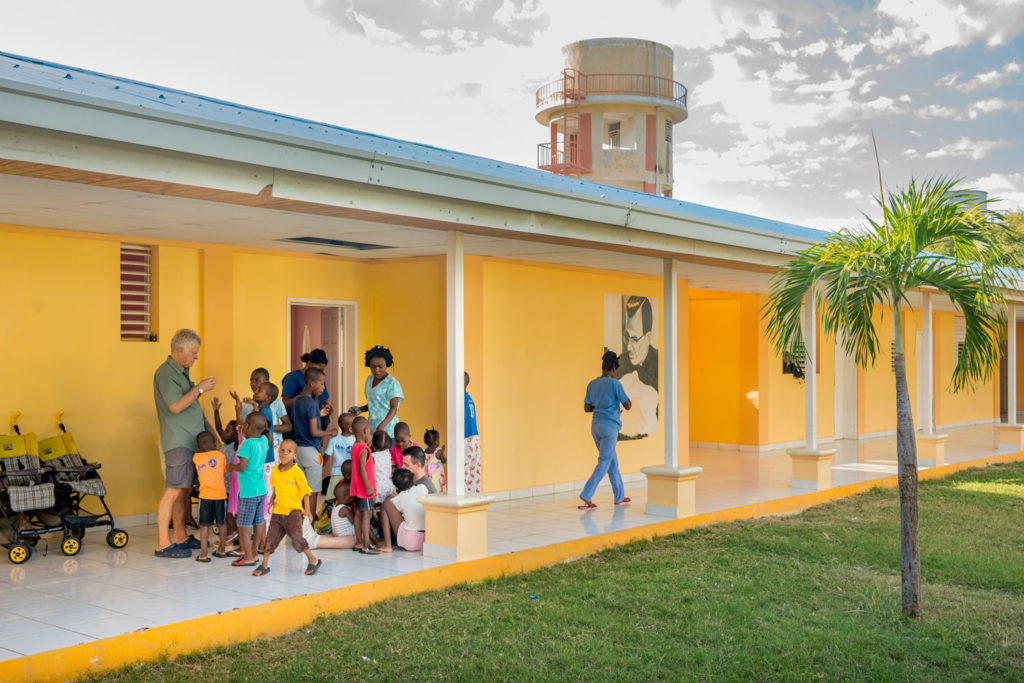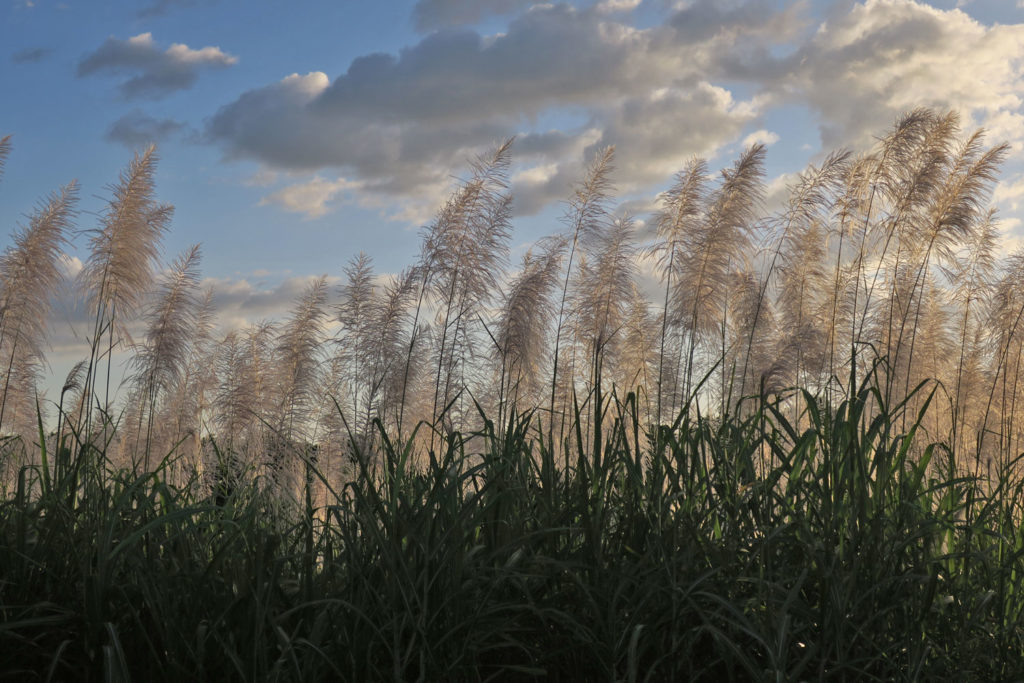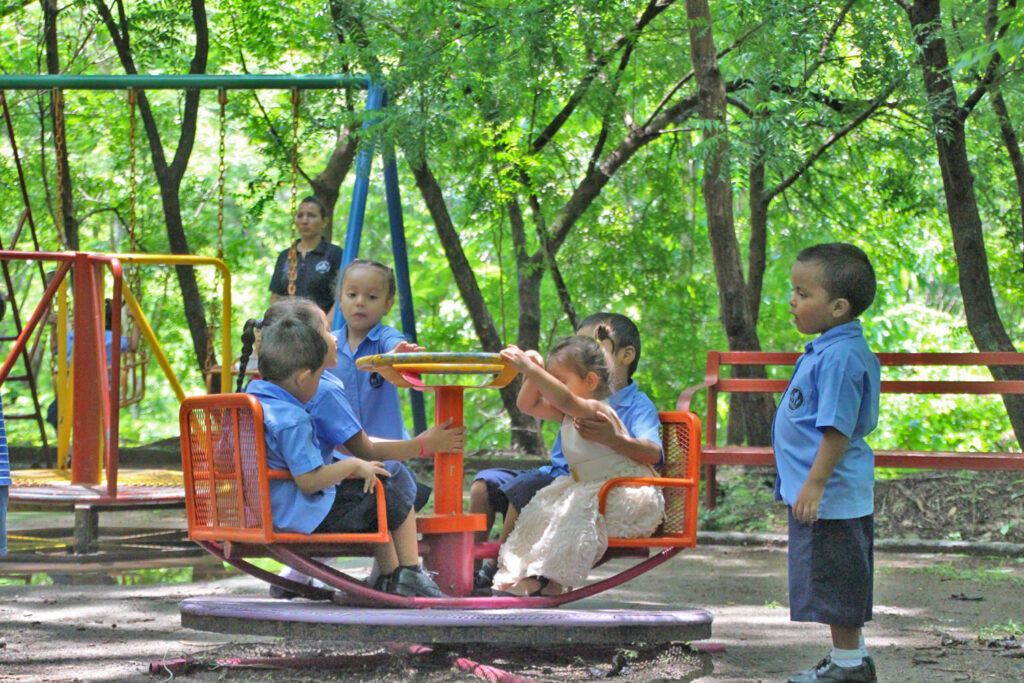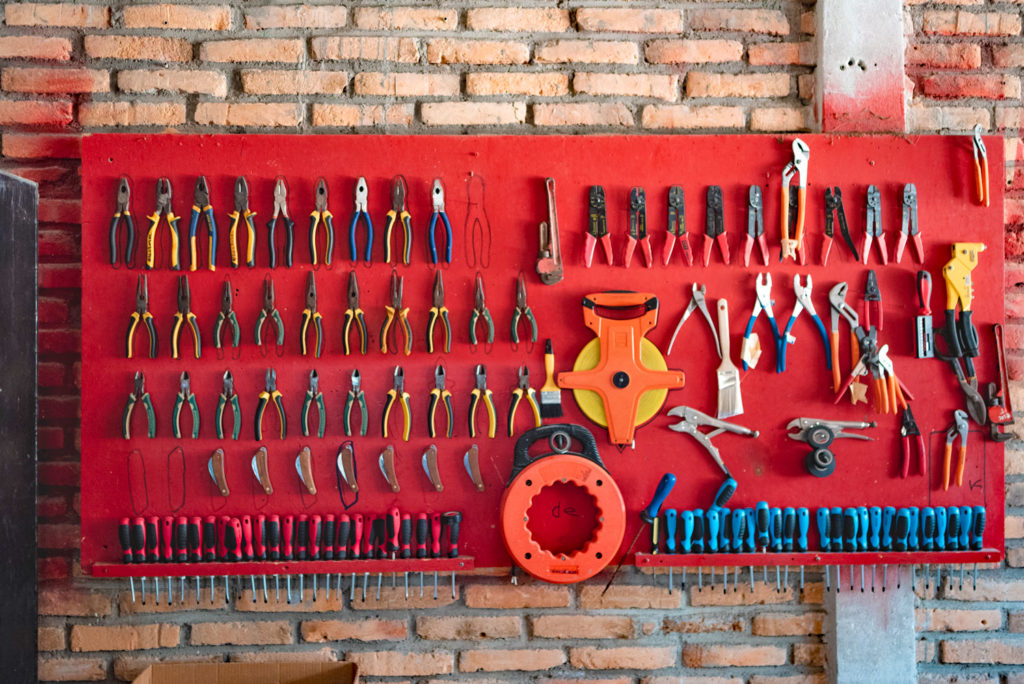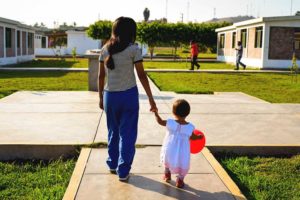A family and a home for more than 1,700 children
Keeping families together
Whenever possible and when in the children’s best interests, NPH strives to keep children with members of their own family. This in in keeping with our commitment to child rights under the UN Convention on the Rights of the Child.
We do so both through our family-strengthening programmes in communities, through daycare and education, family tracing, transition homes and also our NPH OneFamily reintegration programme.
A place to call home
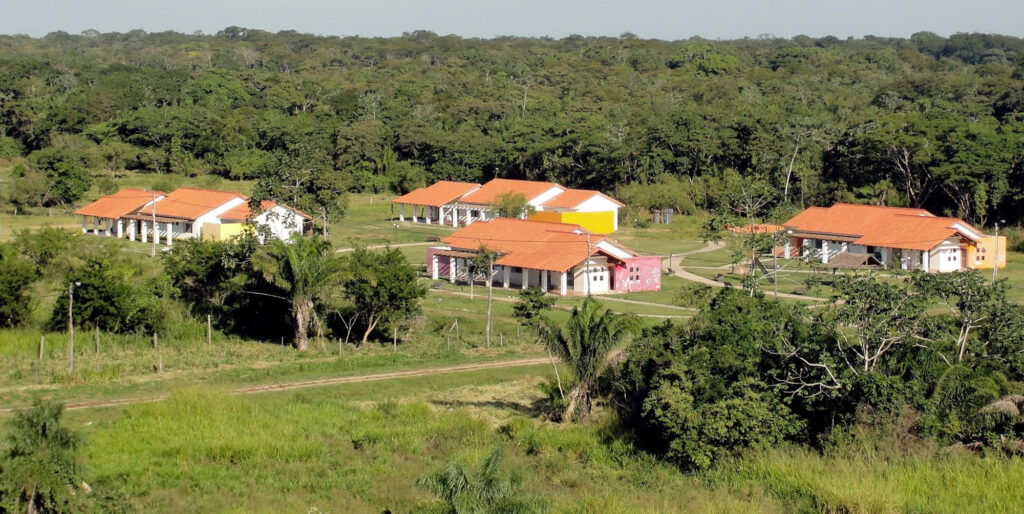
However, for the many children who are either without a family of their own or for a variety of reasons cannot be with their family for a period of time, NPH provides residential*.
*Residential care is one form of “alternative care” as defined in the UN Guidelines for the Alternative Care of Children. NPH supports a variety of forms of care contained in the guidelines, including kinship care, residential care and transitional care.
The care facilities are mostly located near cities, making services and supplies easily accessible. At the same time, they are relatively isolated and have extensive grounds. This provides our children with safety and security, which they may not have experienced before joining the NPH family.
Why children call NPH home
The vulnerable boys and girls in the care of NPH are at risk, abandoned or, in relatively few cases, orphaned. Many have suffered physical or verbal abuse. Often they have lived in horrible conditions. They may have been shuffled from one family member to another. Like all children, they are seeking love and security, a place they can call home. They are referred to NPH by family members, neighbours or government agencies. The decision to place them with NPH always rests with the authorities, often a family judge.
When they come to NPH, they range in age from new-born to teenager.
It’s important to note that for children living at NPH, we are “home”, not an “orphanage”, and they are “children” or “family members”, not “orphans”. If you visit one of our centres, you will see that the distinction is entirely real in practice.
Children at NPH find stability
Children coming to live at NPH are welcomed with their brothers and sisters and become part of the larger, stable NPH family environment. That gives them a chance to focus on education and personal growth, knowing that a loving support system will always be in place for them. The children grow and learn in their culture and language. They become contributing citizens in their own countries.
Contact with their extended families
There are scheduled “visitors days” during the year, in which children get together with family members. Older siblings, uncles, aunts, cousins, and sometimes a parent or grandparent, arrive and spend the day on the NPH grounds, usually bringing food and drinks. Older teens usually have a free day when they can visit their family if they wish. Also, they may visit them during school holidays, provided their safety is not endangered.
There is no fixed age at which the children leave NPH
They stay until they feel prepared to live independently. Some children leave NPH and start working after finishing secondary school. Others stay on to take vocational training or study at university.
Giving back to the NPH family with a year of service
When a child has completed their education, or perhaps before going on to higher education, they are asked to give back to their NPH family by volunteering for a year of service. In almost all cases, they gladly return to work with younger children, serve in the kitchen, offices, school or farm. During their year of service, they continue to be supported by NPH, and receive payment to cover personal expenses.
The year of service helps young people gain work experience. Many of them also use the time to take entrance exams for university or prepare themselves better for a second application.
Thousands of NPH children are now self-sufficient adults with families of their own
Many are educators, doctors, accountants, carpenters, farmers, mechanics, artists, administrators and social workers. Some work for NPH. Having learnt the NPH philosophies of sharing and giving back, others support NPH by sponsoring children, organising fundraisers, or attending special events and serving as ambassadors for the organisation.
Facilities at NPH
In all countries where we work, NPH strives to be self-sustaining. Our centres have:
- Living spaces
- Kitchens and dining halls
- Chapels
- Clinics
- Schools
- Workshops where children can learn trades such as carpentry and welding
- Farms or gardens to produce food for the children, staff and volunteers
Child protection
Ensuring the safety and well-being of the children in our care is at the heart of NPH’s family childcare model. If you become aware of child abuse or experience it personally at any NPH facility, please contact us so that we can take prompt action. Read more about child protection at NPH

